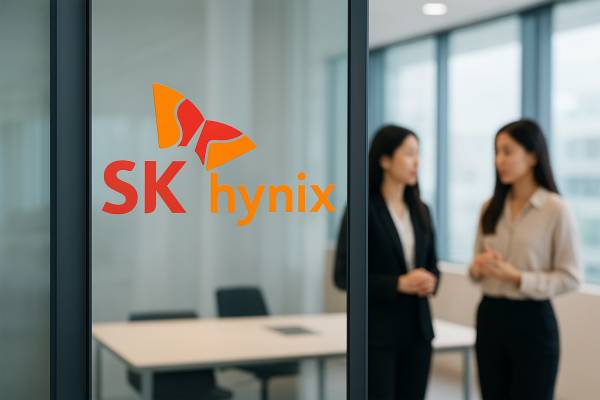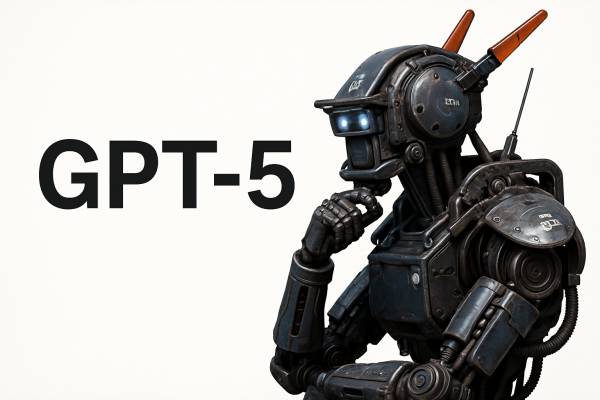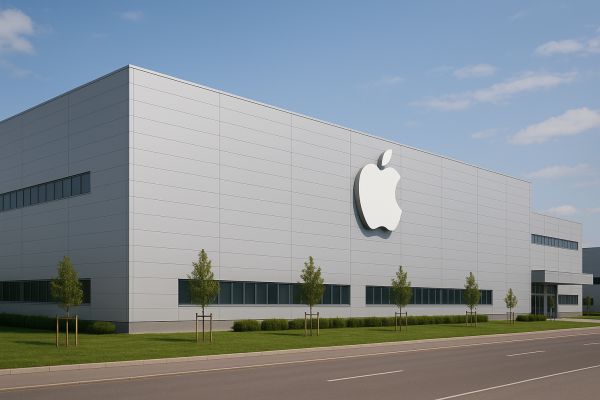Lyft is a company similar to Uber, though not as well known in Europe, that offers a range of transport services, primarily in the US. Like Uber, it operates as a ride-sharing platform where drivers can transport passengers in their own cars. Additionally, it provides electric scooters and bike-sharing systems.
A common issue with this type of company is that, since drivers are not integral employees, they are often treated impersonally. One of the most frequent complaints is the lack of customer service support, making it difficult to obtain information.
To address this, Lyft has partnered with Claude AI developer Anthropic to have its chatbot handle customer service requests. An app will be made available for drivers to ask questions—for example, they can inquire about the criteria they need to meet to pick up passengers in a particular area. The company has stated that this solution has reduced the average time needed to resolve a request by 87%.
Lyft emphasizes that the chatbot will serve only as a primary support layer, handling the most common inquiries and redirecting users who require more detailed assistance to human experts.
However, this technology may soon be adopted by other companies, allowing us all to experience how much it can help mitigate impersonal service.























